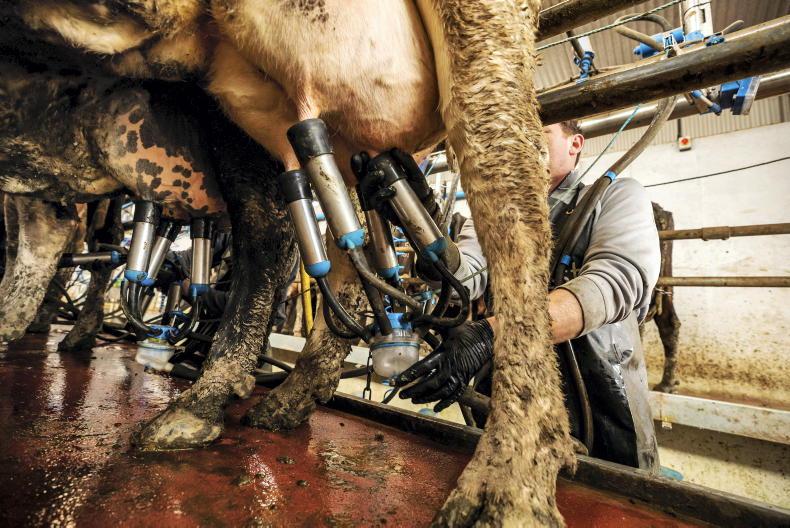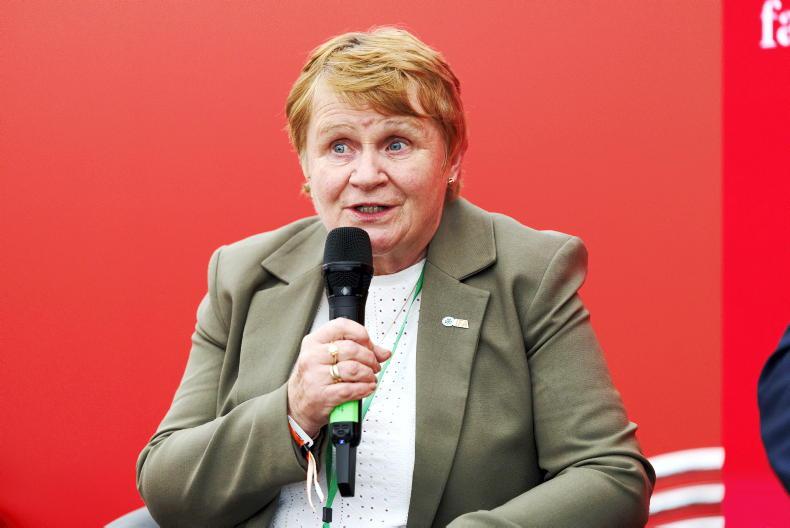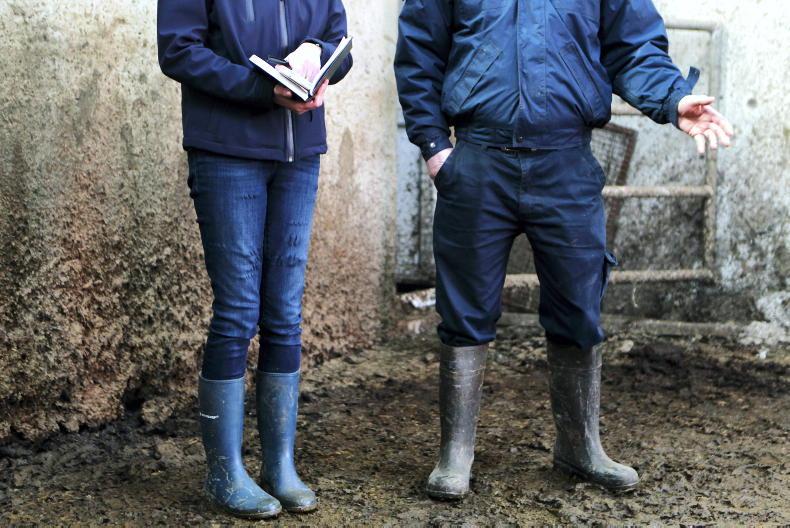The European Commission has unveiled its Future Vision for Agriculture and Food, a roadmap that pledges to make schemes simpler and to target future CAP funds to the farmers “most in need”.
It is to follow this roadmap with proposals aimed at tackling the cross-compliance red tape facing farmers, but environmental regulations and targets are to remain unchanged.
Part of this simplification effort will attempt to give more flexibility to member states and individual farmers to meet environmental objectives, with it noted that a “one-size-fits-all” approach to regulating agriculture has not worked.
The Commission has said that small farms, mixed farms and farms in areas of natural constraints need more income supports in the post-2027 CAP.
A standalone strategy on generational renewal in the EU is be published this year with recommendations on how access to land can be improved for young farmers.
It also noted that EU farmers are “increasingly concerned by unfair global competition” and states its intention to tackle this unfair competition before the end of 2025.
Imported goods are to face standards closer to those in play for the EU’s farmers into the future, particularly around animal welfare and pesticides, the new vision said.
More crisis management tools are also to be brought forward to allow the EU better respond to weather and market challenges facing farmers.
See this week’s Irish Farmers Journal for more.
IFA reaction
Deputy president of the IFA Alice Doyle stated that the roadmap will be judged on the funding committed to EU agriculture over the years ahead as she reiterated the association’s calls for the establishment of a separate budget for farm environmental measures outside the CAP.
“The reality is that this vision is published at time when there are a lot of concerning noises around the budget for the next CAP,” Doyle said.
“Nice words are fine, but they must be backed up with a strong EU budget for the CAP and separate funding to support environmental measures on farms.”
The deputy IFA leader pointed to the pledge to “orient the future CAP away from conditions to incentives” as a move that will be welcomed if it is delivered at farm level.
“References in the document about targeting supports to the farmers who ‘need it most‘ need to be teased out as it may not be consistent with the original intention of the CAP which was to support food production,” Doyle added.










SHARING OPTIONS